Have you ever wondered what people in medieval times called their furry companions? Just like today, dogs back then were valued members of the household, and they had some pretty interesting names. While these names might sound a bit unusual to modern ears, each one has its own charm and story. Whether you’re naming a new pet or just curious about history, this list will give you a peek into medieval life through the lens of canine companionship. Let’s explore these fascinating monikers that have stood the test of time in their own peculiar way.
1. Fido
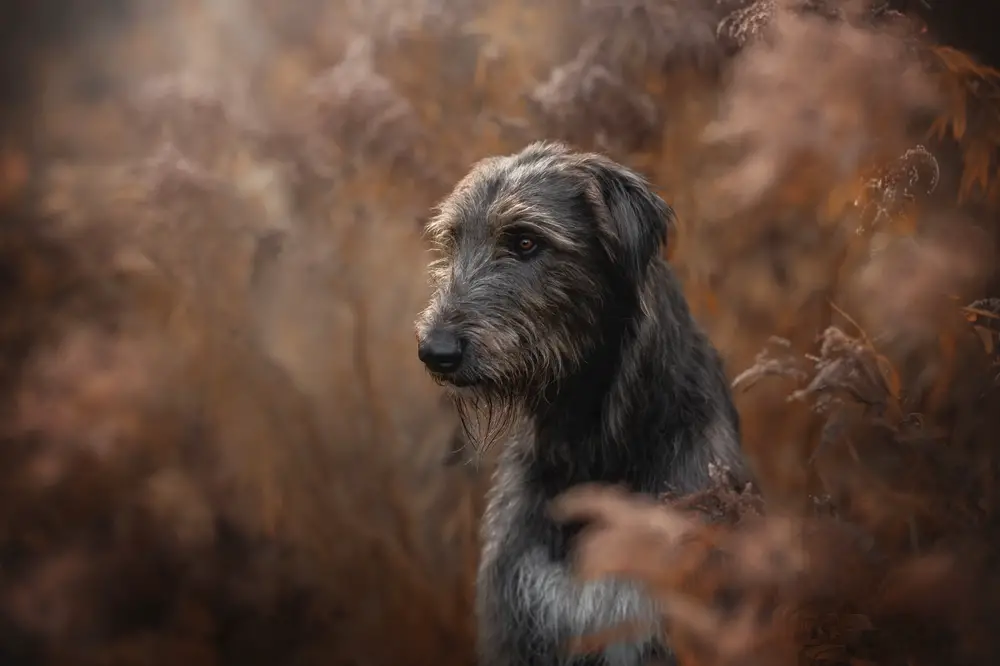
Fido might seem like a common name today, but it has deep roots in history. The name is derived from the Latin word “fidus,” which means faithful or loyal—attributes that have long been associated with dogs. According to Dr. Emily Jenkins, a medieval historian, naming dogs Fido was a reflection of their role as loyal companions to their human owners. This enduring name highlights how dog owners have always cherished the loyalty of their pets, even centuries ago. It’s a name that has truly stood the test of time, consistently representing trust and dependability.
In medieval times, a dog named Fido would likely have been a working dog, perhaps assisting in hunting or guarding the home. Owners took pride in their pets’ abilities to protect and serve. Dogs have always held a special place in human society, and naming them Fido was a testament to the qualities that were just as valued then as they are today. The name has remained popular throughout the ages, clearly showing the timeless bond between humans and dogs. When you hear the name Fido, you can’t help but think of a loyal companion, ready to stand by your side.
2. Garm
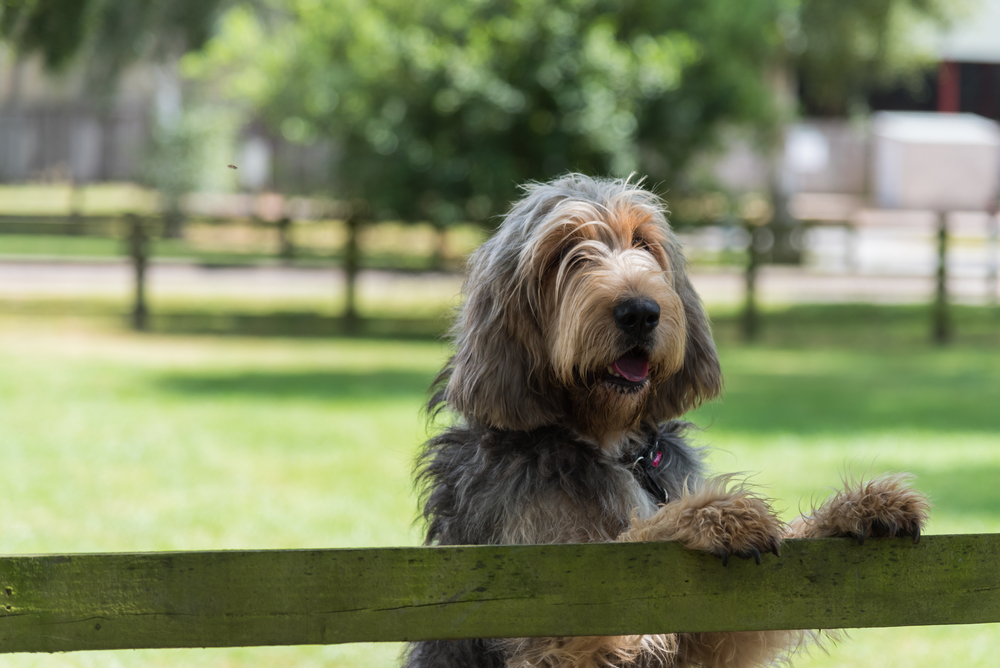
Garm might sound like an odd name choice today, but it’s steeped in mythology and lore. Originating from Norse mythology, Garm was the name of a monstrous hound that guarded the gates of the underworld. Naming a dog Garm in medieval times would have signified strength and a protective nature. This name was likely given to dogs that were expected to guard their homes and lands with ferocity. The choice of such a name speaks to the importance of dogs in protecting their human families.
In everyday life, a dog named Garm would be seen as a formidable presence. Owners might have named their dogs Garm to invoke the image of a fierce guardian. In a time when security was a constant concern, such a name would provide reassurance. This name encapsulates the idea of dogs as both protectors and companions, a theme that continues to resonate with dog owners today. While Garm may not be a common name now, it certainly reflects the powerful roles dogs played in medieval society.
3. Talu
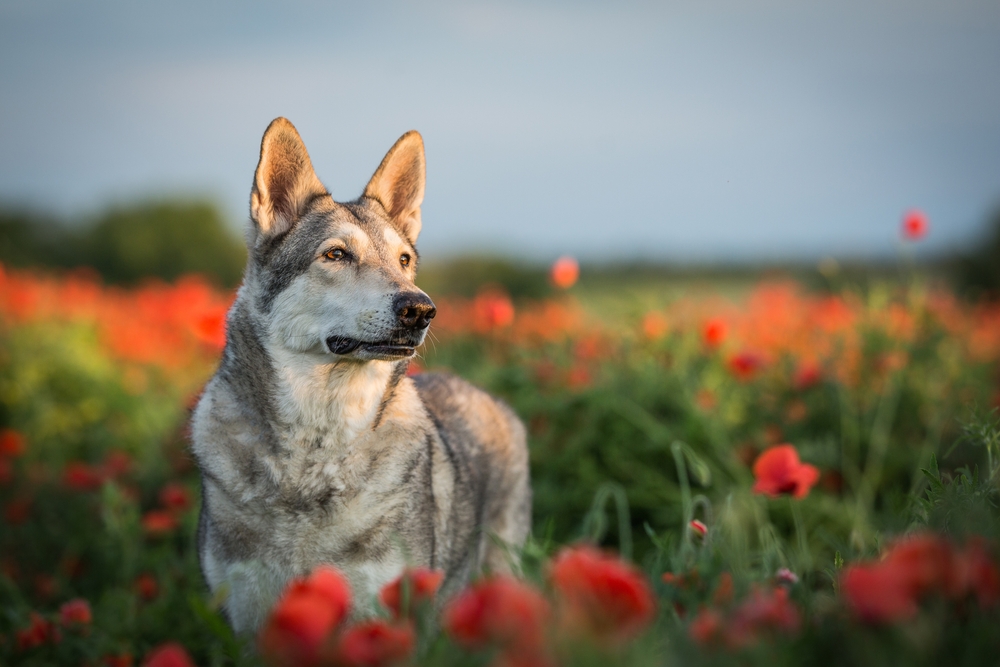
Talu is a name that might not immediately ring any bells, but it’s a fascinating choice. It’s believed to have Celtic origins, often associated with storytelling and folklore. According to Dr. Samuel Green, a Celtic studies scholar, Talu was a popular name for dogs in regions with strong Celtic influences. The name suggests a dog that was not only a companion but also a part of the family’s narrative and history. This connection to storytelling highlights the importance of dogs in the cultural fabric of medieval life.
A dog named Talu would likely have been part of many family gatherings and events, perhaps even featuring in tales passed down through generations. The name suggests a certain mystique and charm, making it a beloved choice for many. Throughout history, dogs have been part of human stories, and Talu is a perfect example of this tradition. Even today, pets often become part of our family stories, creating memories and tales we share. Talu, while not a common name now, beautifully illustrates this timeless bond.
4. Fub
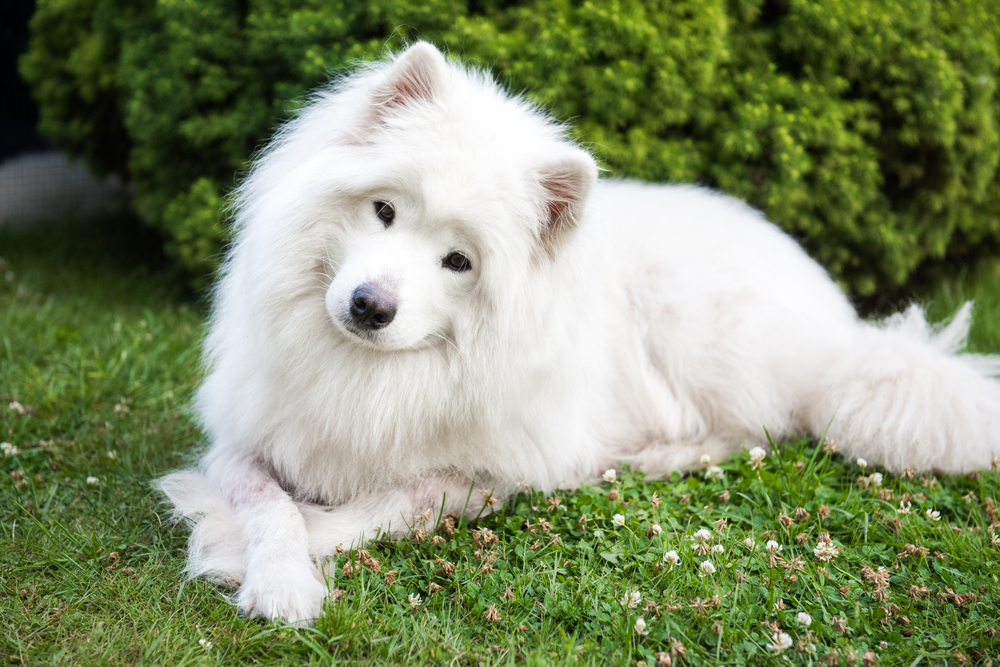
Fub is a name that sounds quite whimsical, and that might be exactly why it was used. This name likely comes from Old English, where it was used as a term of endearment. Such names were often given to small or beloved pets, reflecting their cherished status within the family. Fub is a name that suggests playfulness and affection, qualities that humans have always appreciated in their furry friends. In a world that could be harsh and unforgiving, having a pet named Fub brought a sense of joy and lightness.
Dogs with this name were probably seen as little bundles of happiness, bringing smiles to their owners’ faces. The name Fub might have been a way to express the affection and fun that these pets brought into the household. In medieval times, much like today, people found comfort and joy in their pets, and names like Fub reflected that. Even though it’s not a name you hear often now, its playful nature is something that resonates with pet owners across the ages. It’s a name that serves as a reminder of the joy pets bring into our lives.
5. Blanchard
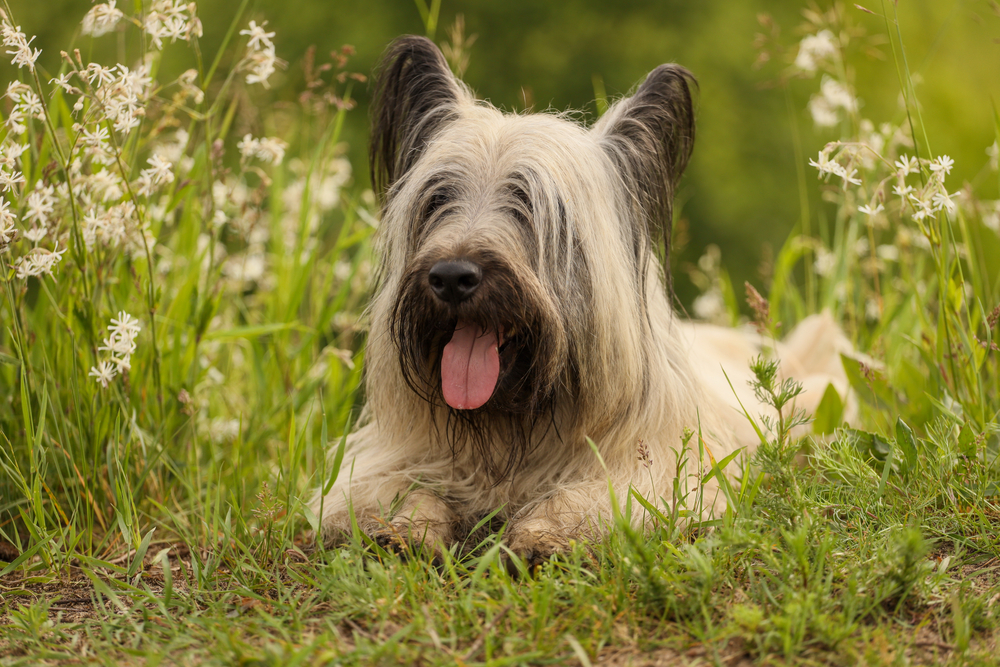
Blanchard might sound a bit formal for a dog, but it has a very particular meaning. The name is of French origin and was often used to describe something white or fair. Dr. Lucy Williams, an expert in medieval French culture, suggests that Blanchard was likely a name given to dogs with light-colored fur. In medieval times, naming a dog Blanchard might have been a way to highlight its distinctive appearance. It’s a name that indicates how people have always valued and admired the unique features of their pets.
A dog named Blanchard would probably have been seen as quite special, standing out due to its fair color. This name reflects a time when pets were appreciated not just for their abilities but also for their beauty. Even today, many pet owners choose names based on their pet’s physical traits, drawing attention to what makes them unique. The name Blanchard represents this enduring appreciation for the individual characteristics that each pet brings into our lives. It’s a timeless reminder that beauty and uniqueness are qualities to be celebrated.
6. Brawn
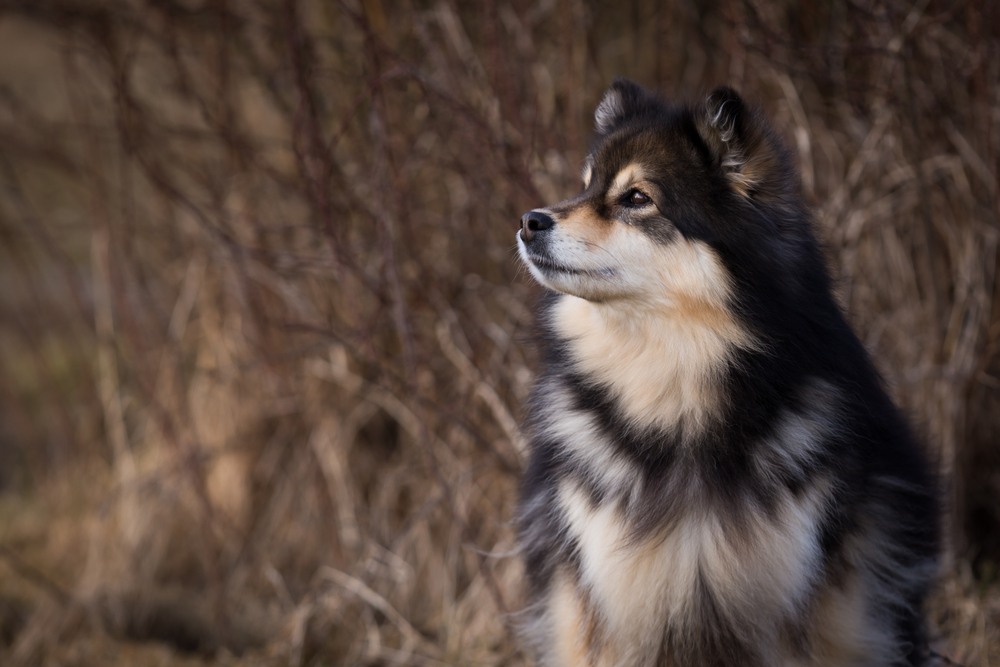
Brawn is a name that immediately brings to mind images of strength and power. In medieval times, dogs were often relied upon for their physical capabilities, whether in hunting, herding, or protection. Naming a dog Brawn would have been a way to acknowledge and emphasize these attributes. This name was likely given to larger or more muscular dogs, those who played an important role in the daily life and survival of their human families. It’s a straightforward name that perfectly captures the essence of what these dogs were known for.
Dogs named Brawn would have been invaluable assets to their owners, providing both assistance and security. This name suggests a no-nonsense, practical approach to choosing a name, focusing on the dog’s role and capabilities. In an era where every member of a household had to contribute, a dog named Brawn would have been a reliable partner. This straightforward approach to naming pets highlights how practicality often overruled sentimentality. In many ways, the name Brawn serves as a testament to the hardworking nature of dogs throughout history.
7. Tippet
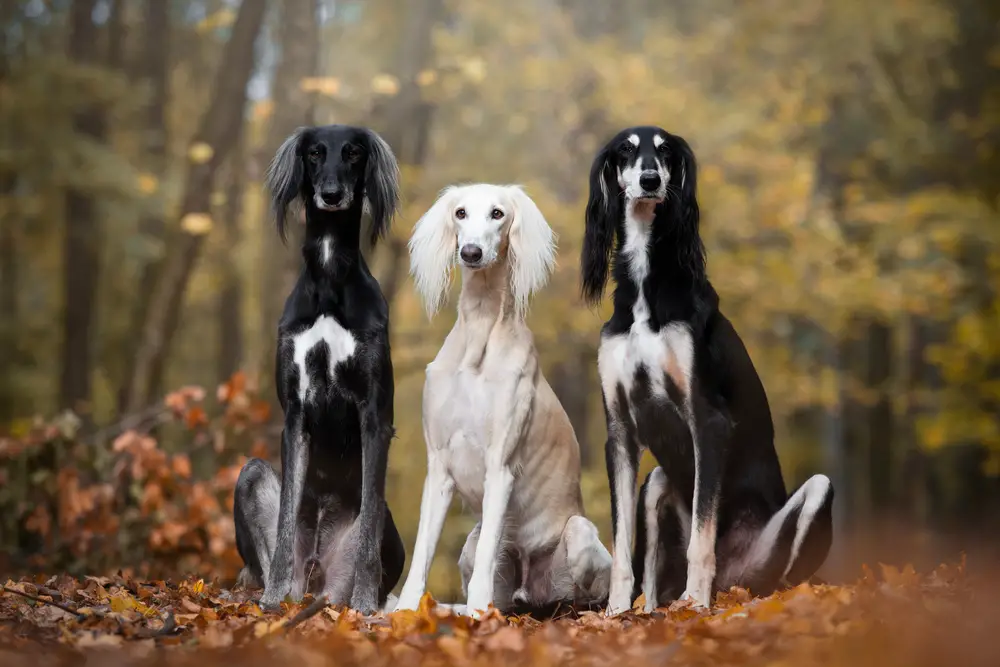
Tippet might sound like a peculiar name, but it has a historical context that’s quite interesting. The name likely comes from the small piece of cloth known as a “tippet” that was used in medieval times. According to historical fashion researcher Sarah Collins, a tippet was often worn by nobles and served as a fashion accessory. Naming a dog Tippet could have been a way to denote elegance or to reflect the status of the family. It suggests that the dog was not just a pet but also a symbol of the family’s social standing.
In medieval society, where appearances and status were of significant importance, a dog named Tippet would have been a part of the household’s image. This name reflects how pets were sometimes used as extensions of their owners’ social identity. Even today, people often choose pet names that reflect their own personal tastes and lifestyles. Tippet is a fascinating example of how names can convey more than just affection—they can also carry social meaning. While the name might not be common now, it’s a reminder of the historical connections between pets and their human families.
8. Truelove
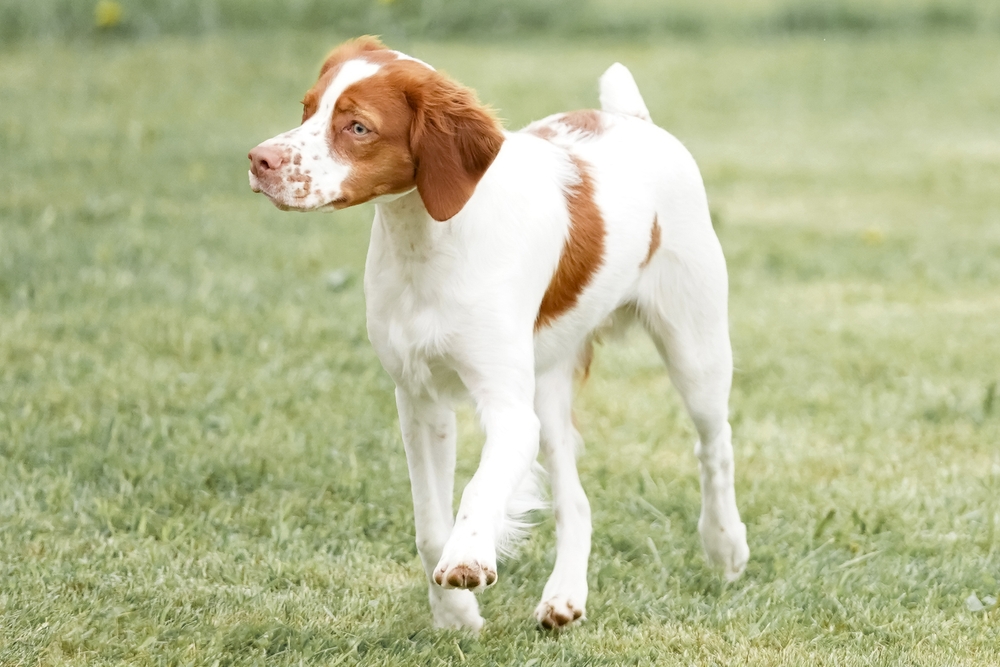
Truelove is a name that carries a lot of emotional weight and speaks to the bond between humans and their pets. In medieval times, dogs were often seen as true companions, offering unwavering loyalty and affection. Naming a dog Truelove would have been a way to acknowledge this deep connection. It’s a name that highlights the emotional support that dogs provide to their owners, a quality that has been cherished throughout history. This name reflects the sentiment that pets are more than just animals—they are beloved family members.
A dog named Truelove would have likely been a constant presence in its owner’s life, offering comfort and companionship. This name was a way to express the deep affection and gratitude felt toward these loyal animals. In a world where human relationships could be complex and challenging, the straightforward love of a pet was something to be treasured. Truelove is a name that perfectly captures the essence of this enduring relationship. It’s a timeless reminder of the special place that pets hold in our hearts.
9. Holdfast
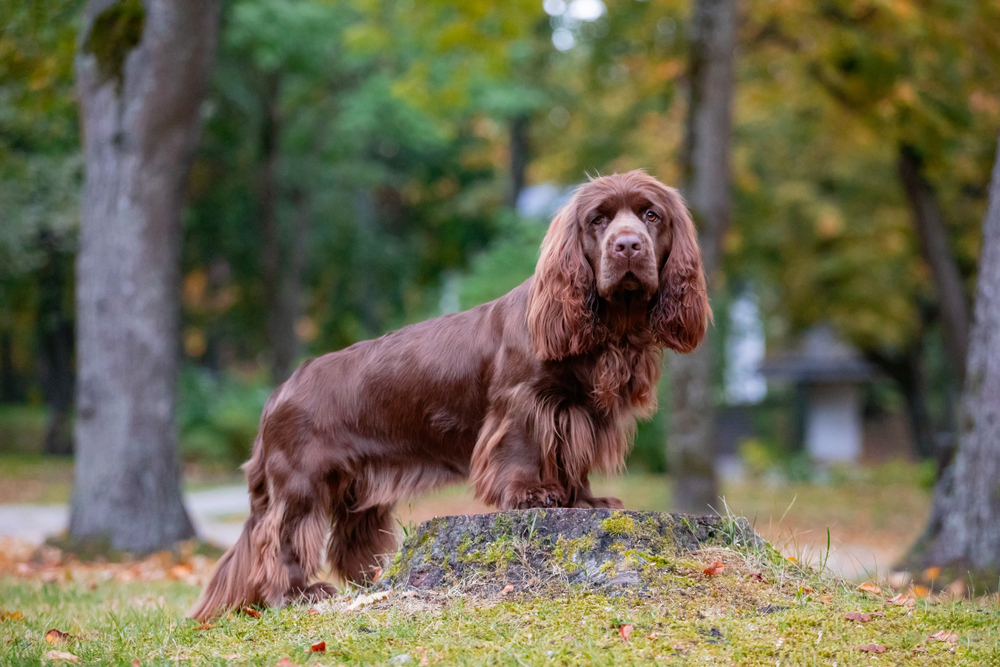
Holdfast is a name that suggests determination and resilience. In medieval times, dogs were often expected to perform specific roles, whether as hunters, guards, or herders. Naming a dog Holdfast would have been a way to acknowledge its steadfastness in fulfilling these duties. It’s a name that highlights the dog’s importance in ensuring the safety and well-being of its human family. This choice of name reflects the practical and reliant nature of the relationship between humans and dogs during this time.
A dog named Holdfast would have been seen as a trustworthy partner, one that could be relied upon in various situations. This name suggests a certain level of respect and appreciation for the dog’s capabilities. In a time when survival depended on the contributions of every household member, having a reliable dog was invaluable. Holdfast is a name that embodies the determination and loyalty that dogs have always brought to their human families. It’s a testament to the enduring qualities that have made dogs such beloved companions throughout history.
10. Ami

Ami is a name that brings to mind friendship and companionship. The name is derived from the French word for friend, “ami,” a testament to the close bond between dogs and their owners. In medieval times, naming a dog Ami would have been a way to highlight the companionship and support that these pets provided. It’s a name that reflects the value placed on the loyal and supportive nature of dogs, something that continues to be cherished today. This choice emphasizes the emotional connection between humans and their canine companions.
A dog named Ami would have been considered a true friend, always ready to offer comfort and companionship. This name reflects the importance of friendship in the human-dog relationship, which was just as significant in medieval times as it is now. Even today, many people choose names that reflect the friendly and loyal nature of their pets. The name Ami is a reminder of the enduring qualities that make dogs such beloved members of our families. It’s a name that perfectly encapsulates the essence of canine companionship throughout the ages.
11. Hardy
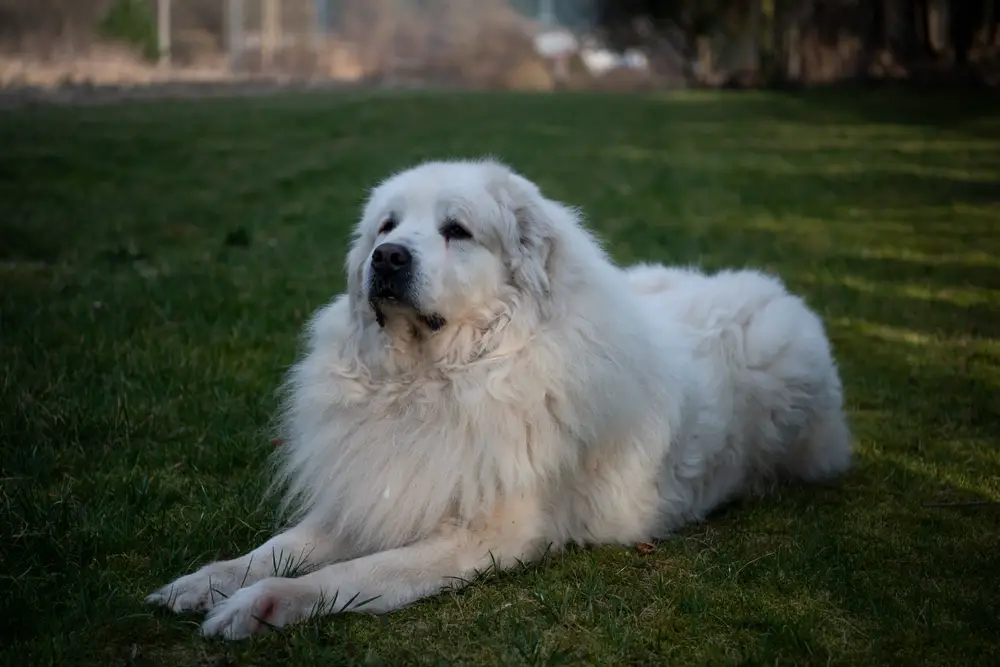
Hardy is a name that suggests strength and resilience, qualities that were highly valued in medieval times. Dogs back then were often relied upon for their physical abilities and endurance, whether in hunting, herding, or guarding. Naming a dog Hardy would have been a way to emphasize these traits, highlighting the dog’s importance in the household. This name reflects a practical approach to naming pets, focusing on their capabilities and contributions. It’s a straightforward name that captures the essence of what these dogs were known for.
A dog named Hardy would likely have been seen as a reliable and strong presence, ready to face any challenge. This name suggests a deep appreciation for the physical abilities and endurance of these animals. In a time when every member of a household had to contribute, a dog named Hardy would have been a trusted partner. The name serves as a testament to the hardworking nature of dogs throughout history, highlighting their invaluable role in human society. It’s a name that celebrates the enduring qualities that have made dogs such cherished companions.
12. Merryman
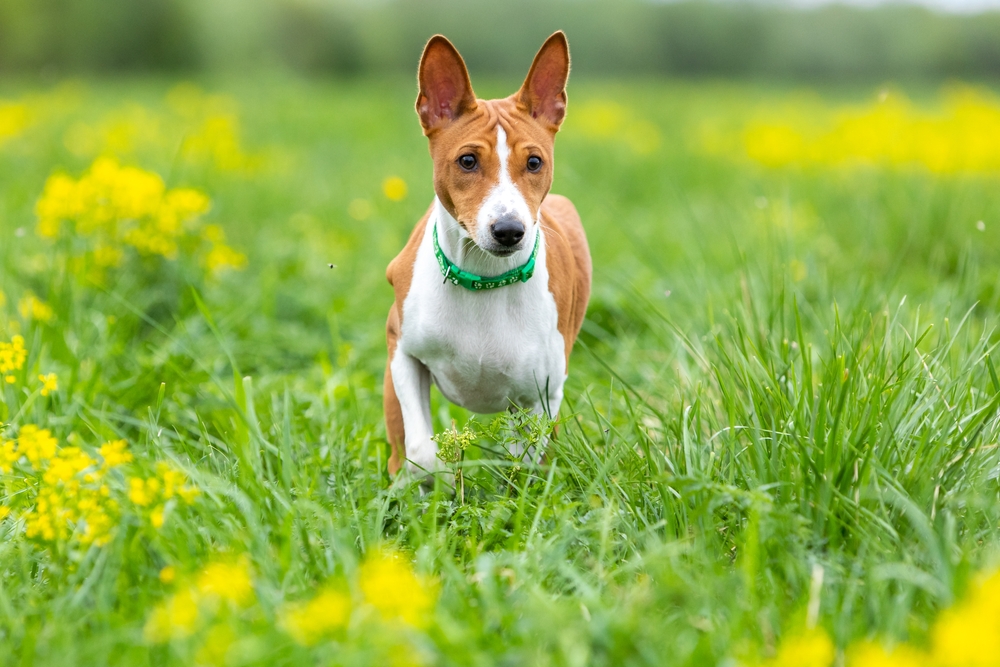
Merryman is a name that immediately brings to mind images of joy and happiness. In medieval times, dogs were valued not only for their abilities but also for the joy they brought to their human families. Naming a dog Merryman would have been a way to express the happiness and cheer that these pets provided. It’s a name that reflects the lighter side of pet ownership, highlighting the joy and companionship offered by these animals. This choice of name is a reminder of the positive impact that pets have always had on people’s lives.
A dog named Merryman would likely have been a source of entertainment and delight, bringing smiles to its owners’ faces. This name suggests a deep appreciation for the playful and joyful nature of dogs, something that continues to be cherished today. Even in medieval times, people found comfort and happiness in their pets, and names like Merryman reflect that. The name is a testament to the enduring joy that dogs bring into our lives, a quality that has been valued throughout history. It’s a name that perfectly encapsulates the essence of the joyful bond between humans and their pets.
13. Swift
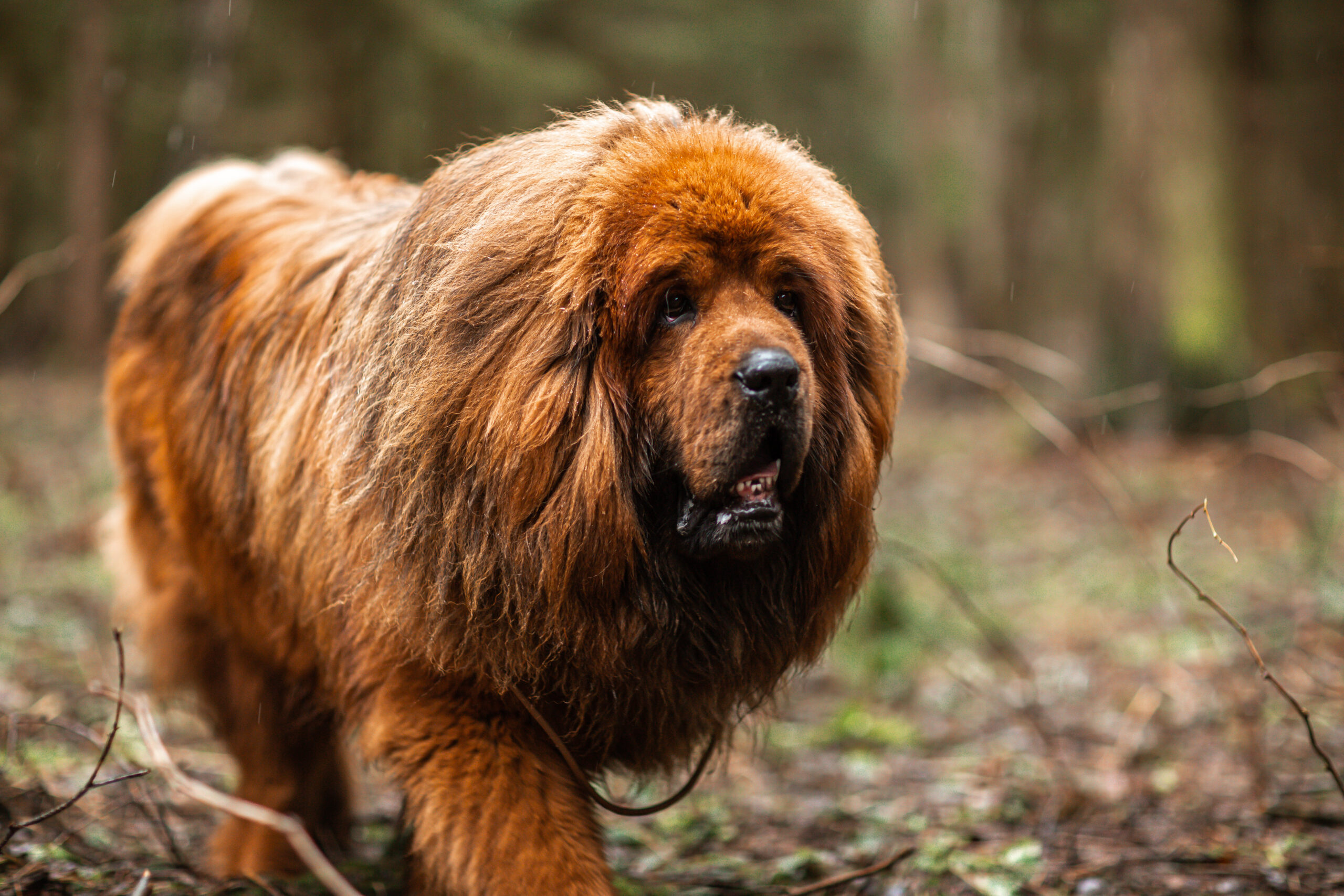
Swift is a name that suggests speed and agility, qualities that were highly prized in medieval dogs. Whether used in hunting or herding, dogs with these traits were considered invaluable assets. Naming a dog Swift would have been a way to highlight its quickness and ability to perform its duties effectively. This name reflects the importance of these qualities in the daily lives of medieval people, where every member of the household had to contribute. It’s a straightforward name that captures the essence of what these dogs were known for.
A dog named Swift would likely have been seen as a valued partner, able to move quickly and efficiently in various situations. This name suggests a practical approach to naming pets, focusing on their capabilities and contributions. In a time when survival depended on the skills and abilities of everyone, having a dog named Swift would have been a significant asset. The name serves as a testament to the hardworking nature of dogs throughout history, highlighting their invaluable role in human society. It’s a name that celebrates the enduring qualities that have made dogs such cherished companions.
14. Joly
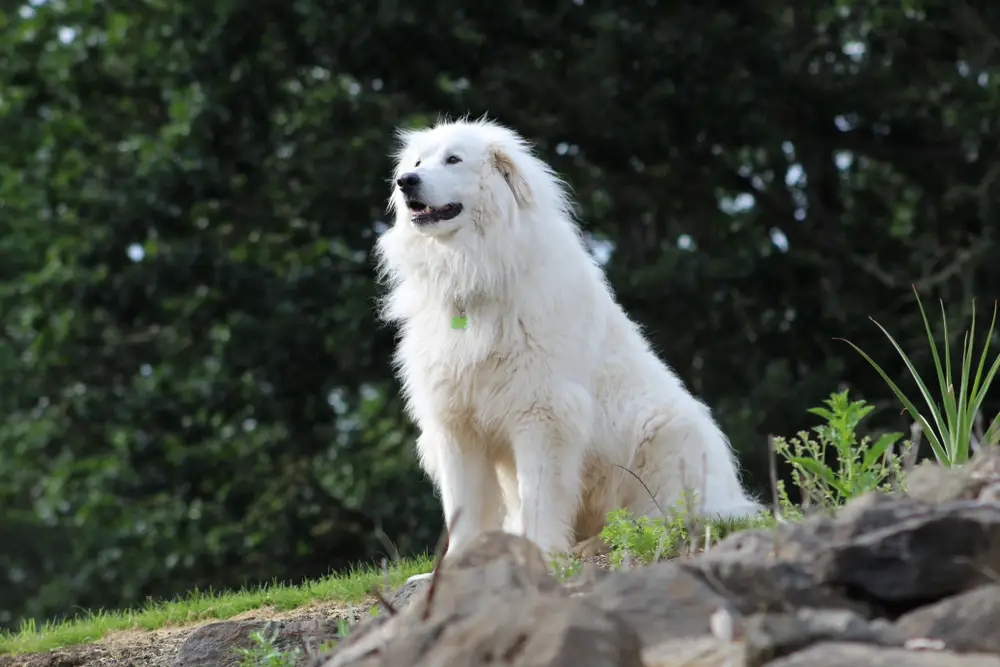
Joly is a name that brings to mind images of happiness and cheerfulness. Derived from the Old French word for joyful, it was a fitting name for dogs that brought joy to their owners. In medieval times, pets were not only valued for their abilities but also for the happiness they brought into the home. Naming a dog Joly would have been a way to acknowledge this positive impact. It’s a name that reflects the lighter side of pet ownership, highlighting the joy and companionship these animals provide.
A dog named Joly would likely have been a constant source of happiness, always ready to bring a smile to its owner’s face. This name suggests a deep appreciation for the joyful and playful nature of dogs, something that continues to be cherished today. Even in medieval times, people found comfort and happiness in their pets, and names like Joly reflect that. The name serves as a reminder of the enduring joy that dogs bring into our lives, a quality that has been valued throughout history. It’s a name that perfectly encapsulates the essence of the joyful bond between humans and their pets.
15. Roussel
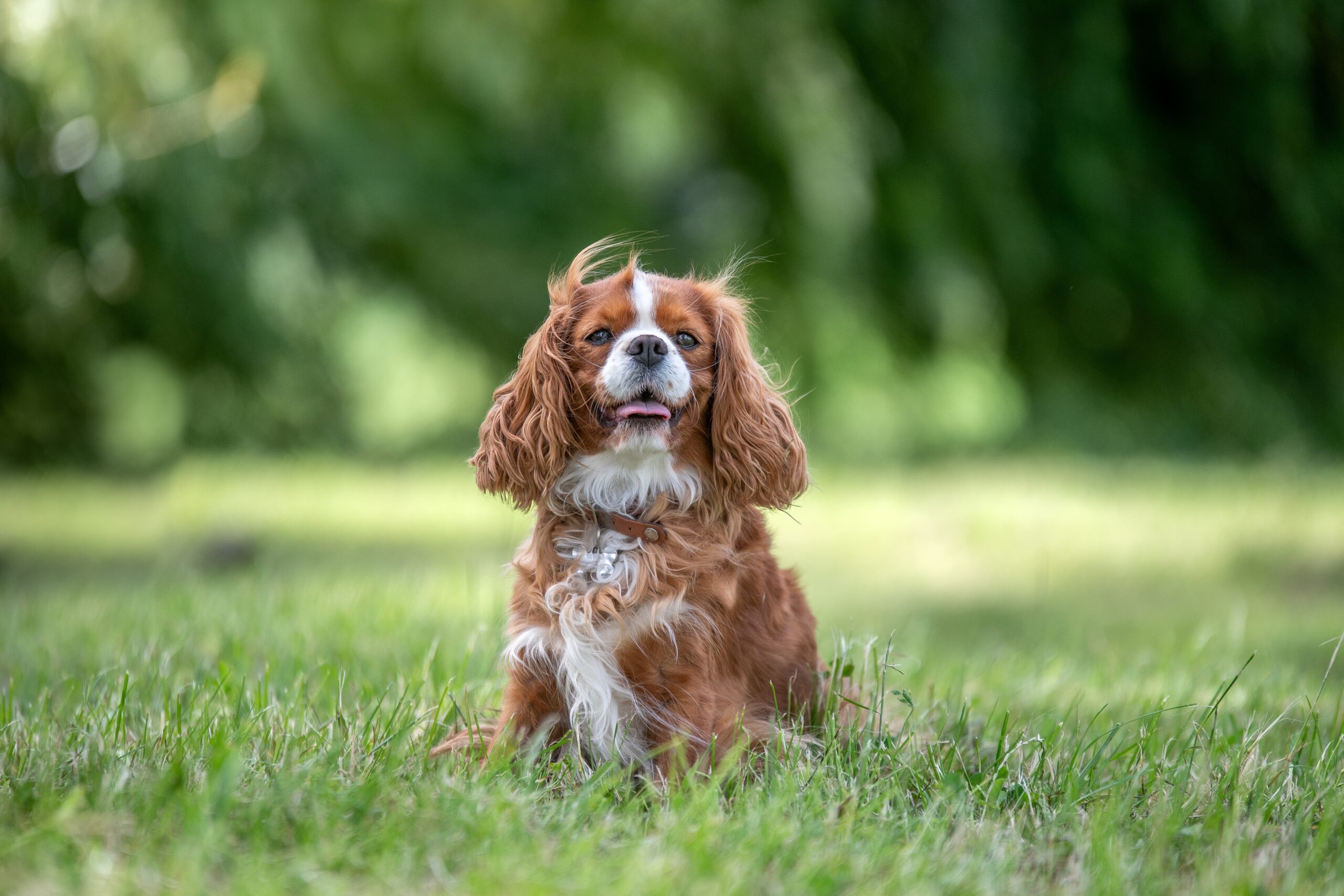
Roussel is a name that might sound a bit unusual today, but it has historical significance. Originating from the Old French word for red or reddish, it was often used to describe dogs with this distinctive fur color. Naming a dog Roussel would have been a way to highlight its unique appearance, much like how people choose names based on their pets’ looks today. This name reflects an appreciation for the individual characteristics that each dog brought to its household. It’s a name that emphasizes the value placed on beauty and uniqueness.
A dog named Roussel would likely have been considered special, standing out due to its striking appearance. This name suggests a certain level of pride in the dog’s unique traits, something that continues to be important for pet owners today. Even in medieval times, people appreciated the beauty and uniqueness of their pets, and names like Roussel reflect that. The name serves as a testament to the enduring qualities that make each pet special and cherished. It’s a timeless reminder that beauty and individuality are qualities to be celebrated.
